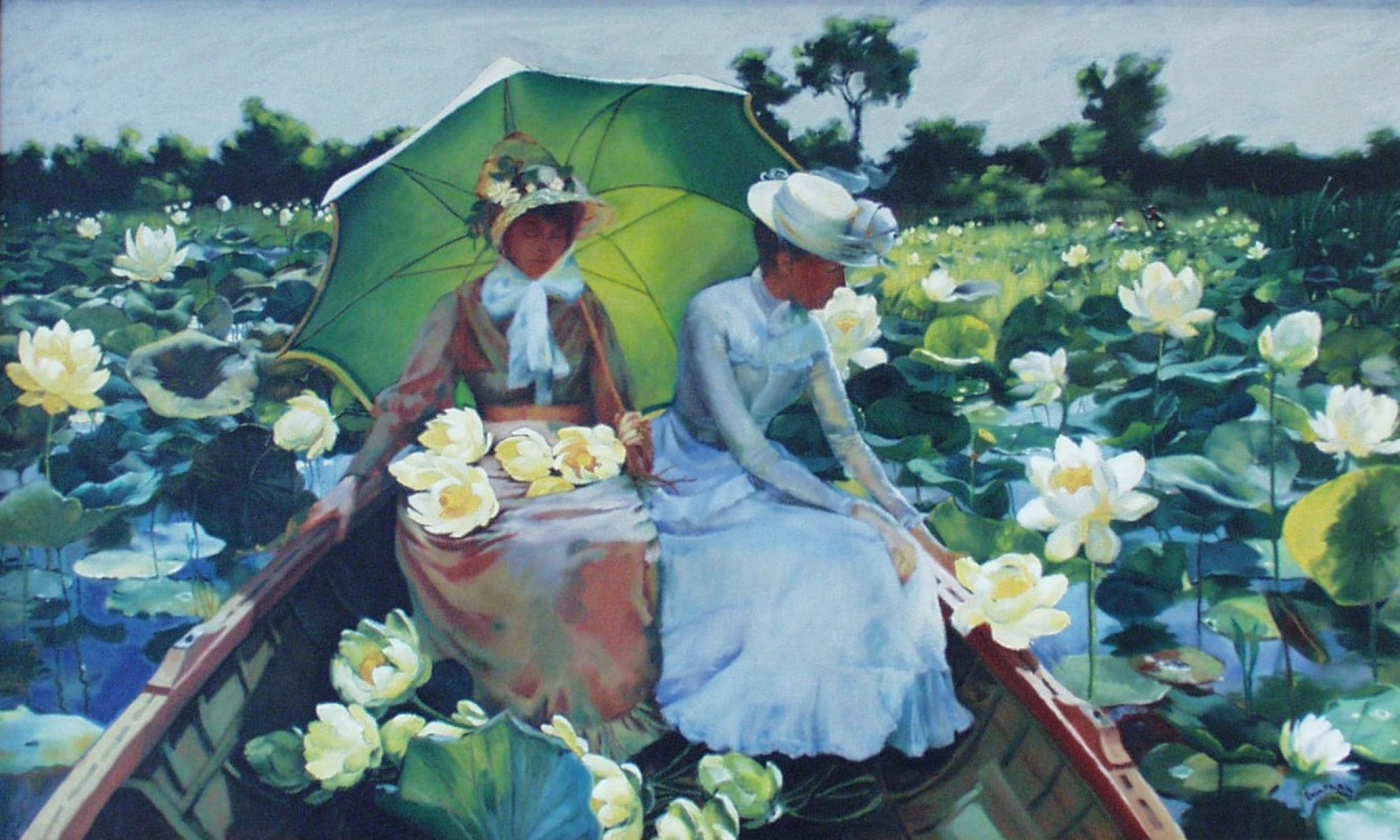Drawing and Painting Fundamentals Online for Ages 10-18

– Jean-Léon Gérôme (1824-1904)
Our online classes follow the progression of our Drawing and Painting Fundamentals program. Students begin with black and white drawing exercises in pencil and pen and ink. After basic skills are learned, children advance to color in watercolor and oil. All levels of study, from beginning to advanced students are accepted.
Throughout history, drawing has always been considered an artist's most prized possession. It is the foundation upon which all other aspects of art are formed. This is true whether an artist chooses to be expressive in a realistic or abstract style. That is why we give the craft of drawing special attention at The Art Academy.
Drawing in Pen and Ink
In our online program, special emphasis is placed on teaching the fundamentals of drawing logically and simply. Our methods promote refined draftsmanship, which dramatically improves a student's drawing abilities. With continued practice children can then achieve higher levels of understanding and success.
Many of our initial drawing exercises are executed in pen and ink so students become familiar with the expressive qualities of line. This improves a student’s eye/hand coordination and focus.

Pen and Ink
Students continue to advance their drawing skills when they move on to painting.
Watercolor
After students have demonstrated a basic understanding of drawing they begin painting in watercolor. While we emphasize line in drawing, painting is a medium devoted to the understanding of mass and color. Watercolor is a great medium to learn these concepts.
As with drawing, we approach the study of color in a systematic way. This helps prevent students from spending months or years mixing colors that interact on paper or canvas in an unpleasant, unintentional manner.

Watercolor
By following revered principles of color theory and color mixing, children create fresh, lively pictures the first time they paint without experiencing any undue frustration.
There is much to learn about painting; and watercolor methods easily translate to other forms of painting and color mediums. Students build upon these skills when they advance into oil painting.
By the time students are ready for oil painting they have thoroughly grasped the refined drawing, watercolor and design principles that will directly translate into the oil medium.
Oil Painting
Often considered the most challenging form of painting, oils are introduced to students after they've developed a firm understanding of drawing and color mixing.
Our first objective is to pass safe studio methods on to students. We ensure a solvent-free environment where health and safety come first. After learning clean painting procedures students begin to advance their artistic vision by exploring the fascinating world of oil painting techniques.
At The Art Academy we teach several methods of oil painting. This approach allows students to receive a well-rounded education that promotes development of a personal aesthetic based upon time-honored principles of art history.
Indirect Painting and Glazing
Indirect Painting and Glazing are methods of working in oils that were commonly practiced from the fifteenth through the nineteenth centuries. They have proven to be extremely durable techniques. At The Art Academy we teach several variations of glazing and underpainting, including grisaille, verdaccio, bistre, local color underpainting and the mixed tempera-oil technique.
Direct Painting
Direct Painting is a method of working in oils popularized during the late nineteenth and twentieth centuries. It is the technique of nineteenth century Impressionism. One of the hallmarks of direct painting is color mixing through clear observation. It is an excellent way to improve a student's sensitivity to color.

Pen and Ink

Sarah Chelstrom, Age 14
Watercolor and Colored Pencil

Melinda Hiller, Age 16
Oil



You must be logged in to post a comment.